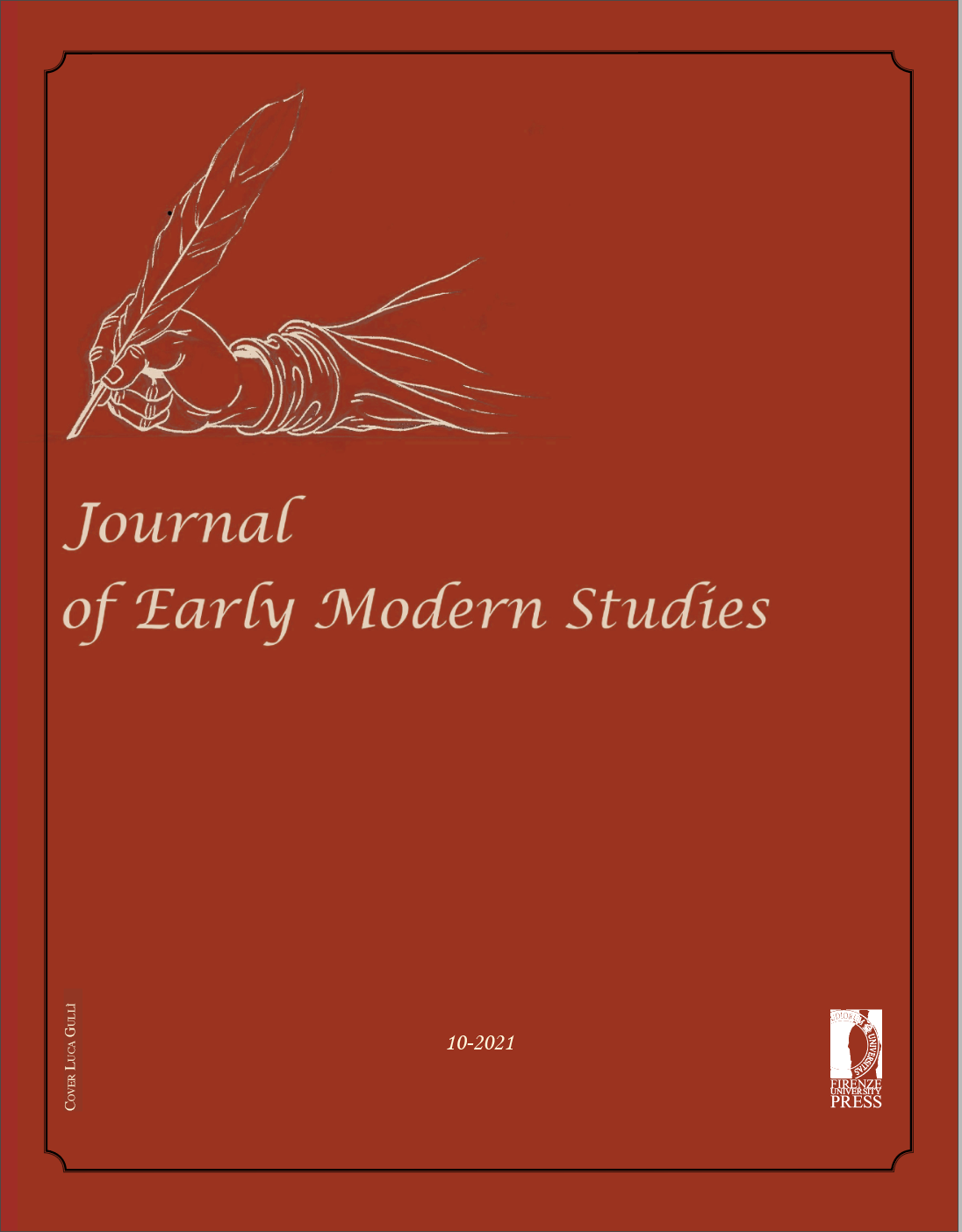The Intricacies of Office: Constables, Thieves and the Uses of Literacy in Moll Flanders and Colonel Jack
Published 2021-03-15
Keywords
- Colonel Jack,
- Constables,
- Duties,
- Moll Flanders,
- Tactics
How to Cite
Abstract
Among the many duties of constables during the early modern period was that of ‘carrying’ suspects taken by ordinary people before justices and then to prison. Moll Flanders, and Colonel Jack are justifiably terrified when one arrives the scene, but on all occasions - except that of Moll’s last arrest - they manage to get themselves out of the hands of the law. This article discusses three episodes in Moll Flanders and one in Colonel Jack, showing how thieves use hard-won knowledge of the intricacies of a constable’s office and their ‘tactic mobility’ to frustrate law enforcement. In conclusion it follows Hitchcock’s and Shoemaker’s attribution of unself-conscious agency to plebeian Londoners, stressing the urgent needs that force the poor and the criminal to acquire that knowledge and develop defensive tactics. It also suggests that in diffusing that know-how through print the two fictions may have, thanks to the growth literacy, been of help to thieves as well as officers of the law, and indirectly weakened public confidence in amateur policing.


